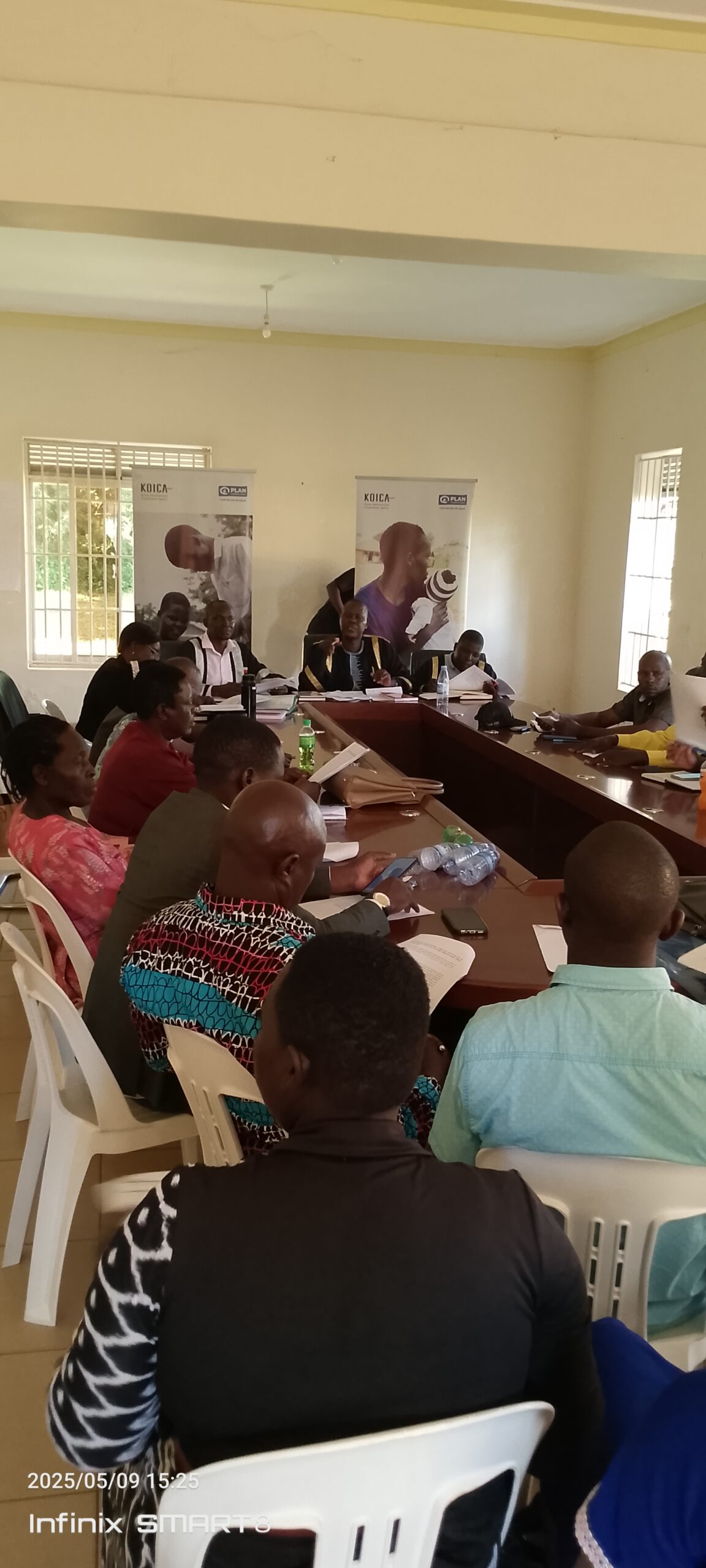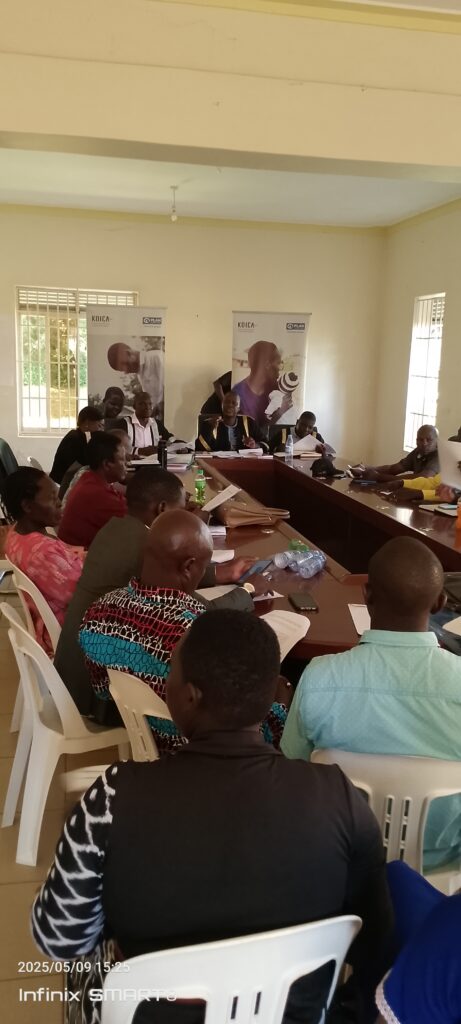
 Ssebo FM
Ssebo FM

 Ssebo FM
Ssebo FM
9 May 2025, 20:18

By Ali lukomo
Buyende
It has long been known that Buyende is one of the districts with the highest rates of early pregnancies, child marriages, and other abuses. In partnership with the non-governmental organisation Plan International through the KOIKA project (Korea International Cooperation Agency), the district has worked to pass a law aimed at addressing early pregnancies. According to the project manager, Mrs. Hope Adochorach, research shows that Buyende, particularly Gumpi sub county, leads the district in cases of child abuse. As a result, the subcounty proposed this law, which has now been passed at the district council level.
The Vice Chairperson for Buyende district, Mrs. Scholastika Magana Nadoomi, said they spoke with one voice to support Gumpi sub county and consider the law. While at the district headquarters boardroom, Magana urged other sub counties to adopt this approach and appealed to the community to work with district officials and security to ensure that children receive an education.
In an interview with the media, the female councillor representing Buyende town council and Ndolwa, Hon. Kumwidilawo Banadeti, explained how the law will work. She stated that they are ready to implement it and cautioned the community to address the issue of teenage pregnancy. She also emphasised that they will collaborate with security personnel and sub county chiefs to tackle the problem.
He added that they will also sensitise the community and commended Plan International and KOIKA for the excellent work being done to support the children.
In a nutshell, Kigozi Richard, the Buyende District Speaker who chaired the meeting, said that many challenges affecting children, such as sugarcane cutting and child labour, among others, are deeply troubling. He emphasised that it requires a collective effort from everyone to support this law.
Amidst the challenges, Buyende District is one of the leading districts for early pregnancy, child marriage, and child labour, with a high level of poverty, where many people struggle to afford basic necessities, and some cannot even manage two meals a day. It is also surrounded by water bodies, which are currently inaccessible due to the introduction of fishing protection measures, which have prevented the community from engaging in water activities.